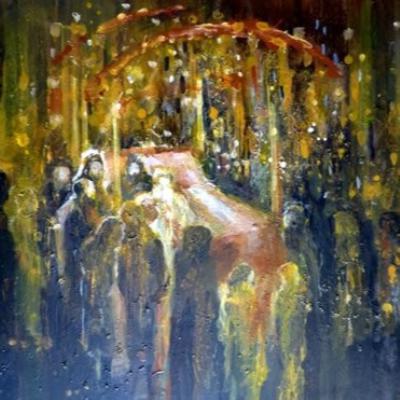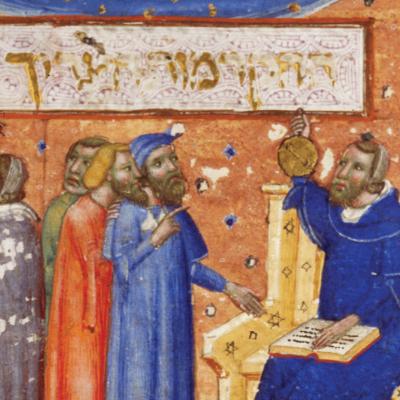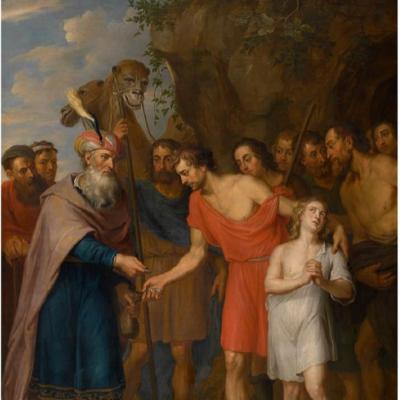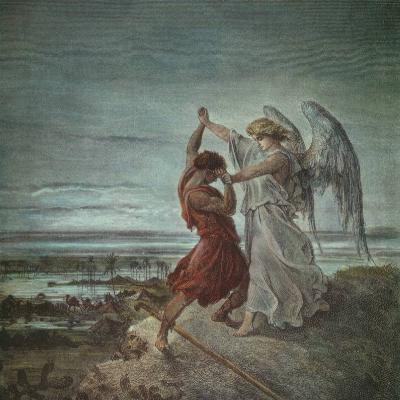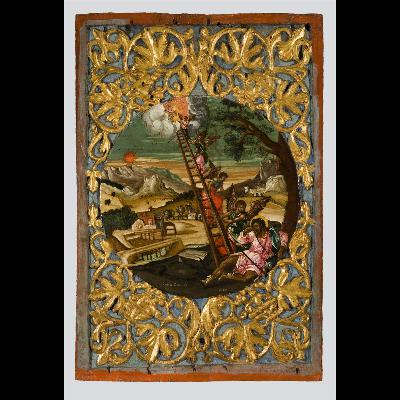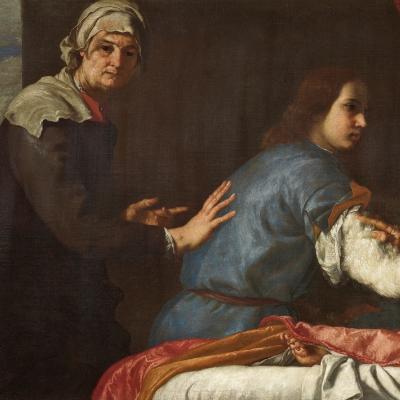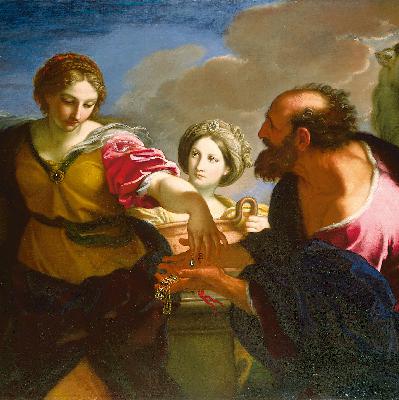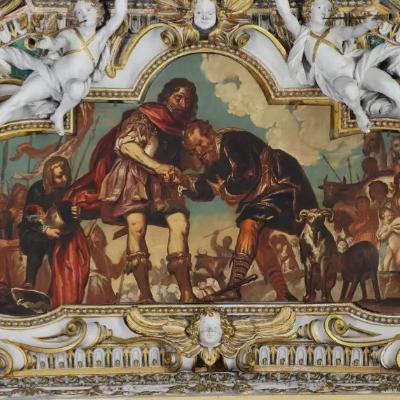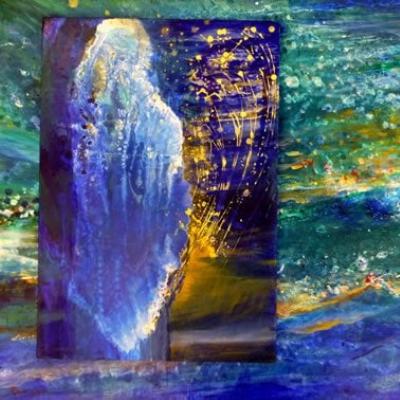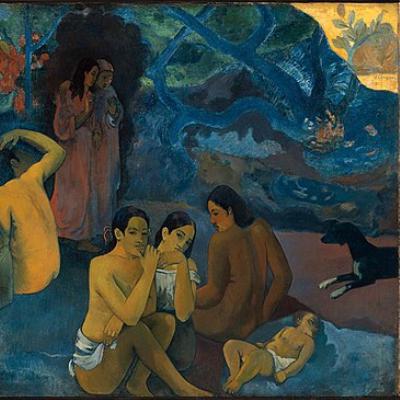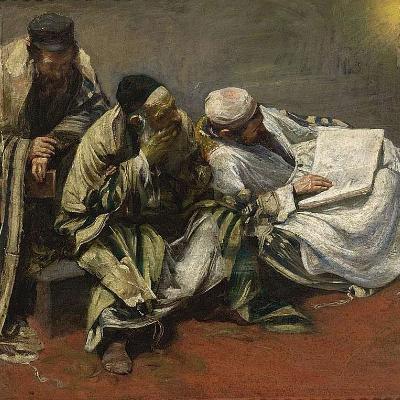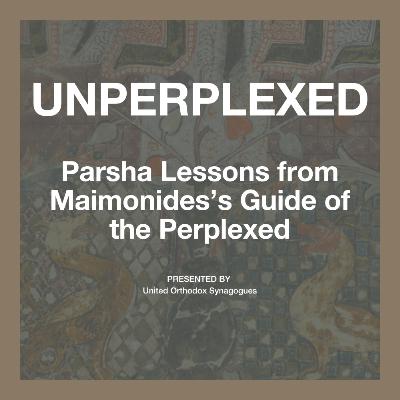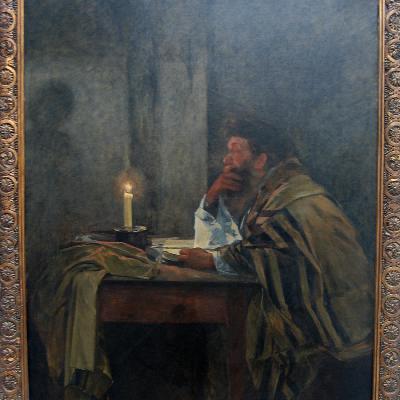Discover Unperplexed: Parsha Lessons from Maimonides's Guide of the Perplexed
Unperplexed: Parsha Lessons from Maimonides's Guide of the Perplexed

Unperplexed: Parsha Lessons from Maimonides's Guide of the Perplexed
Author: Yitzchak Sprung
Subscribed: 4Played: 140Subscribe
Share
© Yitzchak Sprung 2022
Description
Each week, Rabbi Sprung uncovers a hidden layer of the Parsha through the lens of the Maimonides's Guide of the Perplexed — where reason meets revelation, and ancient words illuminate timeless questions. Listen to Unperplexed on Apple Podcasts, Spotify, or wherever you get your podcasts.
164 Episodes
Reverse
Jewish belief is not enough, the Rambam says. This isn’t just about habits or culture- it’s about Jewish identity. And if we want that identity to last, we’ll need to learn the lessons of Shabbat.Sources: Ex. 20:10, Guide 2:31, Atomic Habits p. 36
God doesn’t change people. And we shouldn’t try to. In this week's episode, we see just how central this principle is to Torah. And then we think about how important it ought to be to us. Sources: Ex. 13:17, Guide 3:32, Avot 2:4
How do we overcome false ideas and ideals? We slaughter them publicly. This is the purpose of the Paschal lamb and a great lesson for our time.
What happened to Pharaoh's free will when God hardened his heart? And isn’t it unfair for God to punish Pharaoh for something he really didn’t have a choice in? These are great questions. And there are several ways we might think about the Rambam’s answer. Take a few minutes to explore what the Rambam thought and what it means for us. Sources: Eight Chapters, chapter 8, with commentary by Rabbi Yitzchak Sheilat (pp. 318-322), Guide 2:24, 48 with commentary from Goodman and Lieberman, Rabbi Sacks Free Will: Use it or Lose it.
Moshe was not always a prophet. First, he was a person inspired by the Spirit of God. And we can be too.
Who decides what’s prophecy- and who decides what to trust? And what surprising spiritual lesson is revealed when we learn the answers to these questions? Sources: Gen. 48:3, 35:6-11, Kings 1 3:15, Guide 2:32, 36, 39, 41, 45Painting by Yoram Raanan
Why does Unkelos translate “I will go down with you to Egypt” literally—when he usually avoids any language that suggests God has a body? In this episode of Unperplexed, we follow the Rambam’s answer and discover a deep principle about prophecy, interpretation, and why reverence for great thinkers still matters today.
We usually think the Torah is deeply critical of our attachment to money and property. But what if the law itself assumes that attachment—and even takes it seriously? This episode explores a surprising Rambam, an anxious moment in the Yosef story, and what they reveal about human nature and the Torah’s legal wisdom.Sources: Guide 3:40, De’ot 3:1-2, Gen. 43:18 with commentaries.
The Rambam argues that sin offerings are so often goats because the brothers dipped Joseph's coat into goat blood. In fact, in just a few words, he reframes our understanding of offerings, sin, repentance, and Jewish peoplehood. And we learn of the debts we carry. Sources: Guide 3:46, Gen. 37:31
Yaakov dreams that he wrestles and angel and somehow comes out with a limp. Is this possible? And what does it mean? In fact, it contains the kernel of a great and life changing idea. Sources: Guide 2:42, 6, Rabbi Avraham ben HaRambam to Gen. 32:26. Pictured: Gustave Doré, Jacob Wrestling with the Angel (1855)
Jacob dreams of angels climbing a ladder and God standing above them. But God doesn't stand and angels don't need to climb. So what does his dream actually mean? In one of the famous passages of the Guide, the Rambam explains and- in doing so- he explains what Jewish spirituality really is.
Rivkah found out that Esav was planning to kill Yaakov, so she sent him away. What did she hear and how? And what lesson does that contain for us?Gen. 27:41-42 with commentators, Guide 1:65, Pesachim 54b.
This week, I will share a wonderful surprise with you. That is, according to the Rambam, Eliezer, the servant of Avraham, made a mistake. He was right that God runs the world. But he misunderstood how we, as God’s independent creations, need to act in that world. In fact, Eliezer was like a gambler, who flips a coin and wins big. The outcome doesn’t prove his method was wise, only that he was lucky. And that contains a central lesson for us, for how we think of Jewish faith in God, and for how we make our decisions.
Avimelech says he's righteous, Avraham says he's not. God seems to agree with both of them (this is Judaism, after all). So which is it and what should we learn from this moral conundrum?Pictured: Jan de Herdt, 'Abraham and Abimelech'.
“I will bless those who bless you.” What does that really mean — and why did Avraham need to hear it? Find out in this week’s episode of Unperplexed.Pictured: Yoram Raanan: Lech Lecha - Biblical print
When God decided to destroy the generation of the flood, He did not warn them; He kept it to Himself, so to speak. But the Torah teaches us of His silence and we learn an essential lesson for our own lives from it.
The very first in the Torah is a real doozy and the Sages seem to almost willfully misread it. Yet, we can defend their interpretation. In fact, we will learn an important lesson from it.
Introducing 'Unperplexed: Parsha Lessons from Maimonides's Guide of the Perplexed.'Unperplexed explores the weekly Torah portion through the lens of Maimonides’ Guide of the Perplexed — one of the most challenging and profound works in Jewish thought.Each week, Rabbi Sprung uncovers how the Rambam’s deepest philosophical ideas illuminate the Torah’s timeless moral and spiritual questions, revealing wisdom for how we think, act, and live every single day.Join us as we bring reason and revelation together, one Parsha at a time.
First we listen, then we speak. After special days of reflection and repentance, we are ready to offer more refined and defined prayers.
And all the nations will say, Why did God act this way to this land? Why is this great anger so strong? Unkelos's translation and explanation of the verses that follow give us a powerful insight into the connection between fantasy and suffering.







